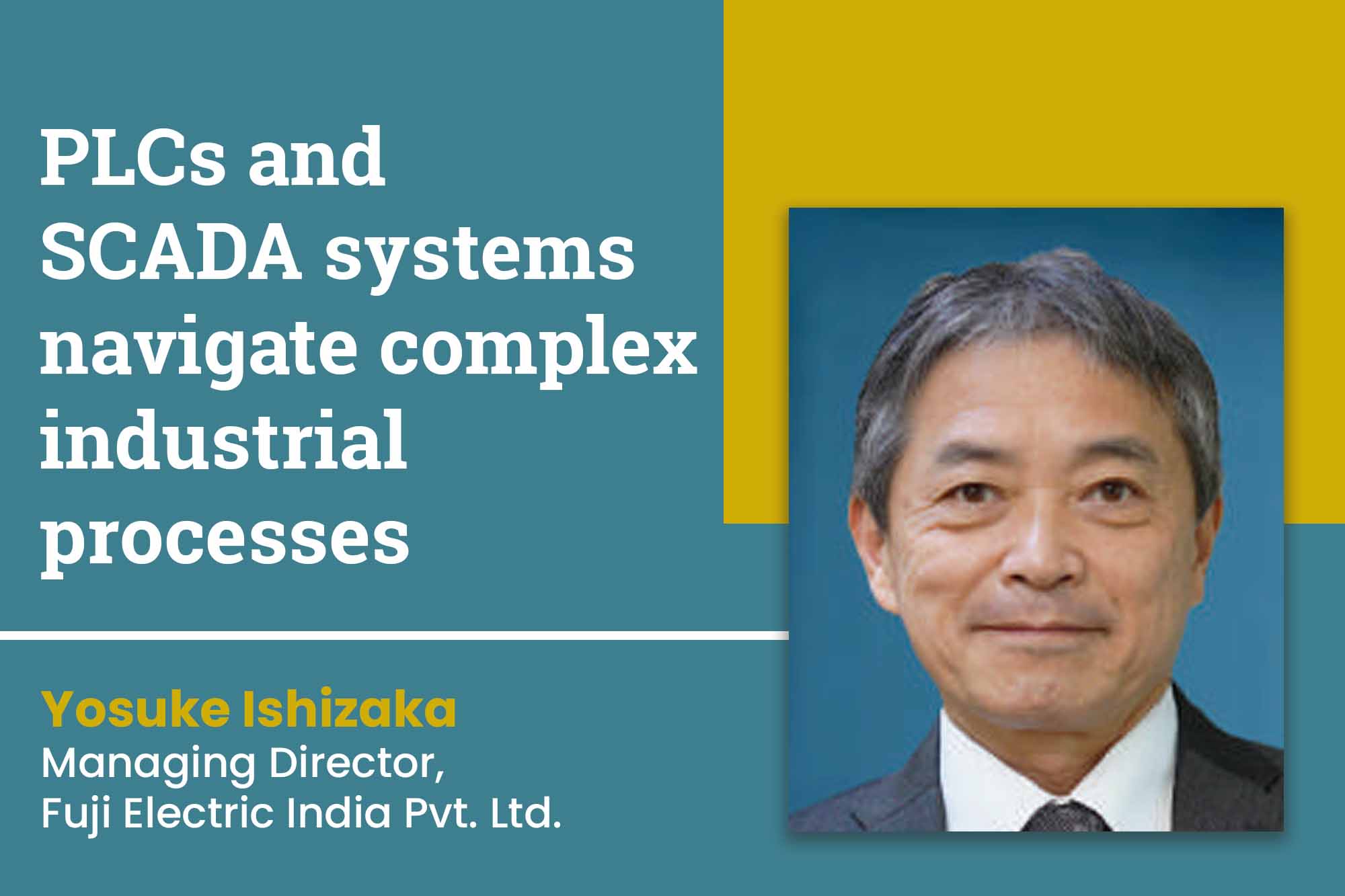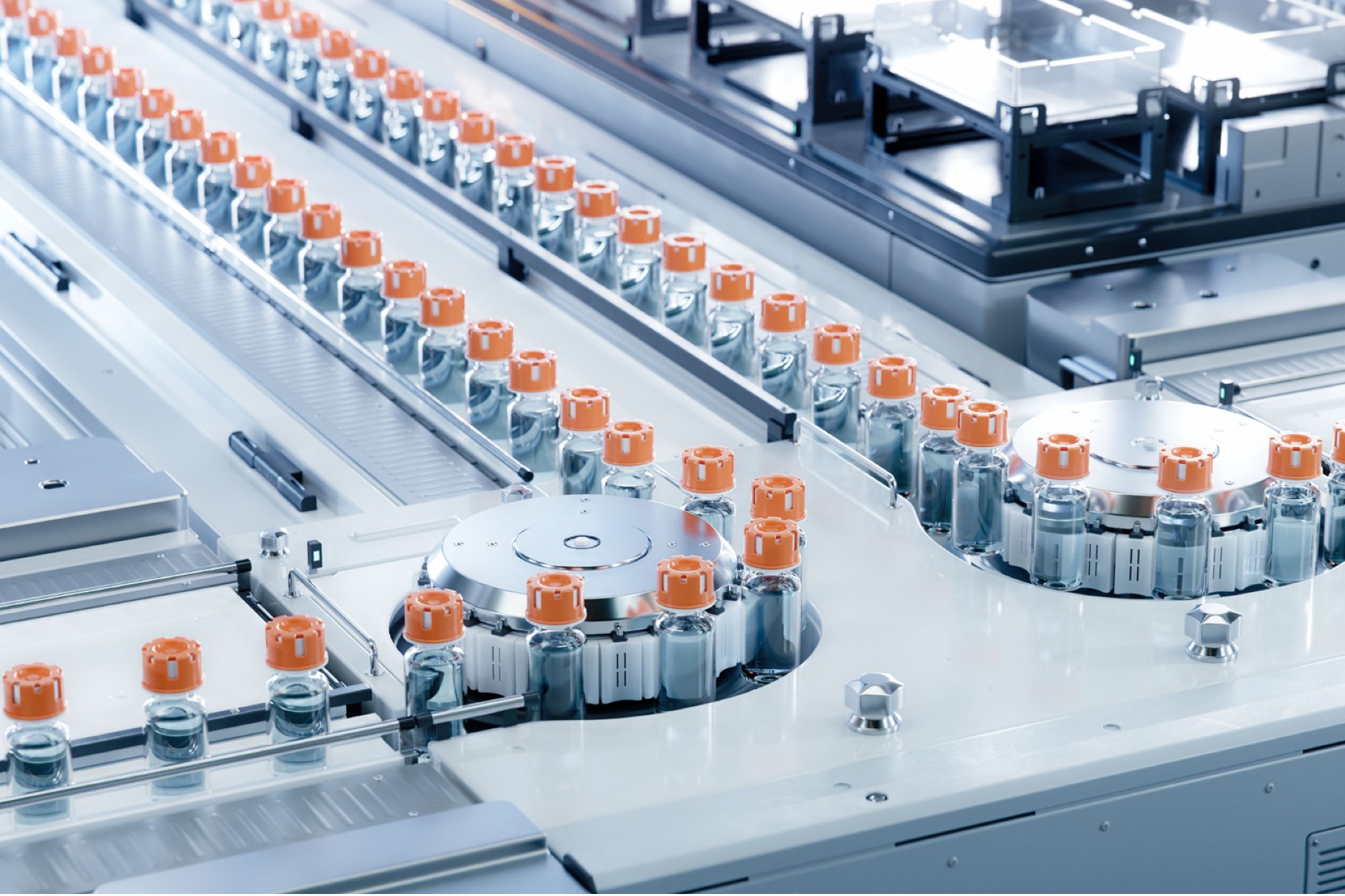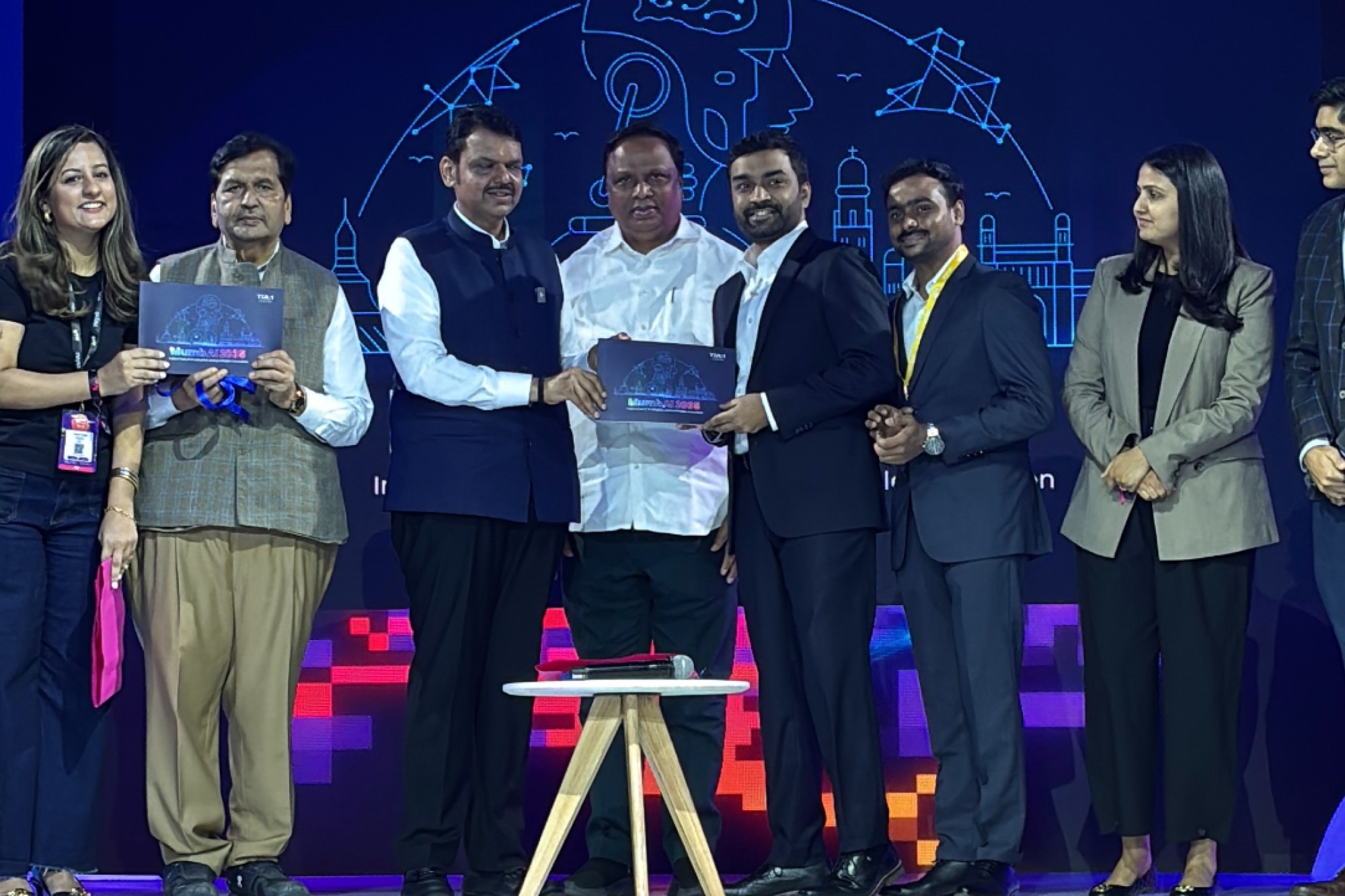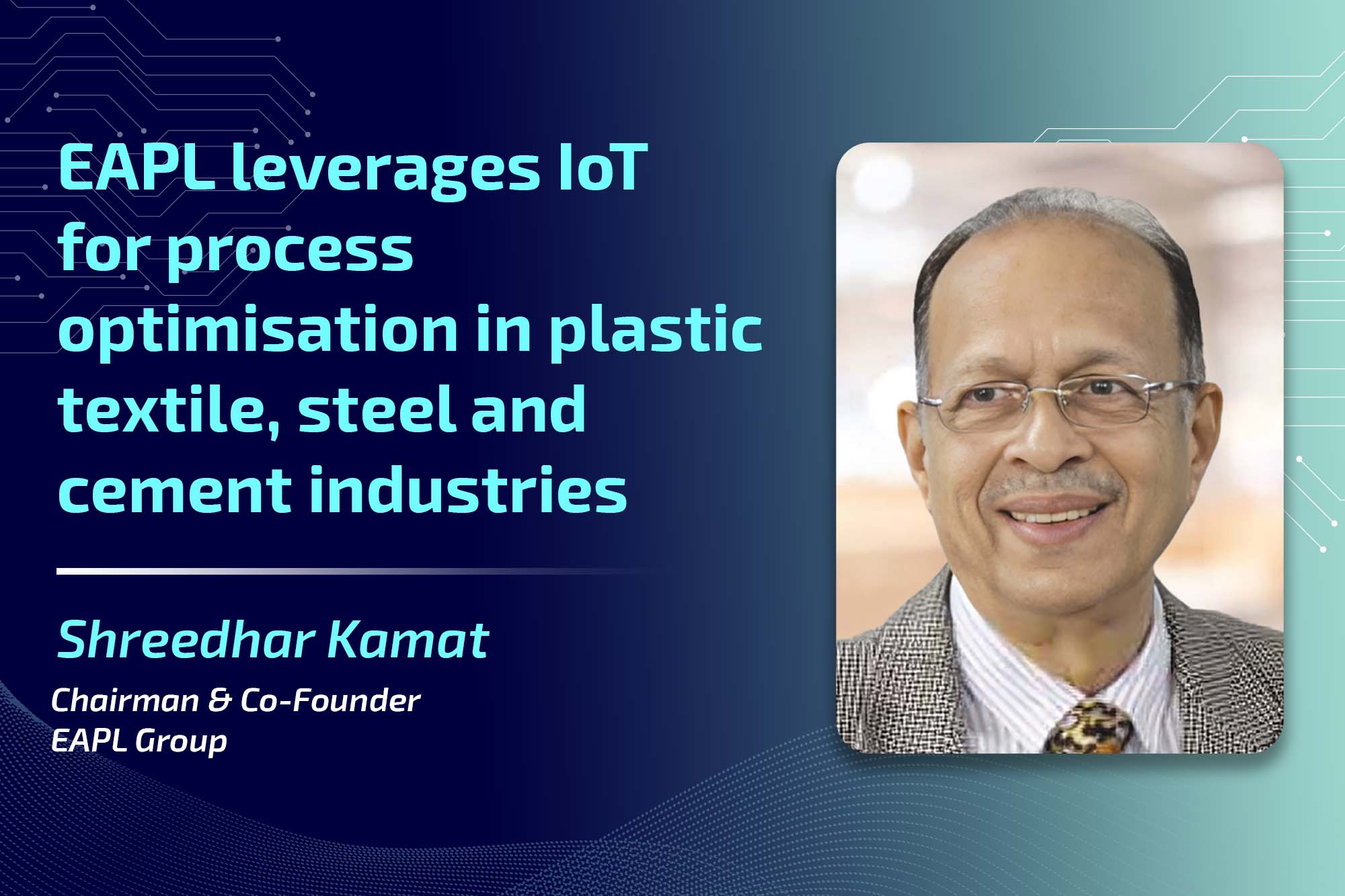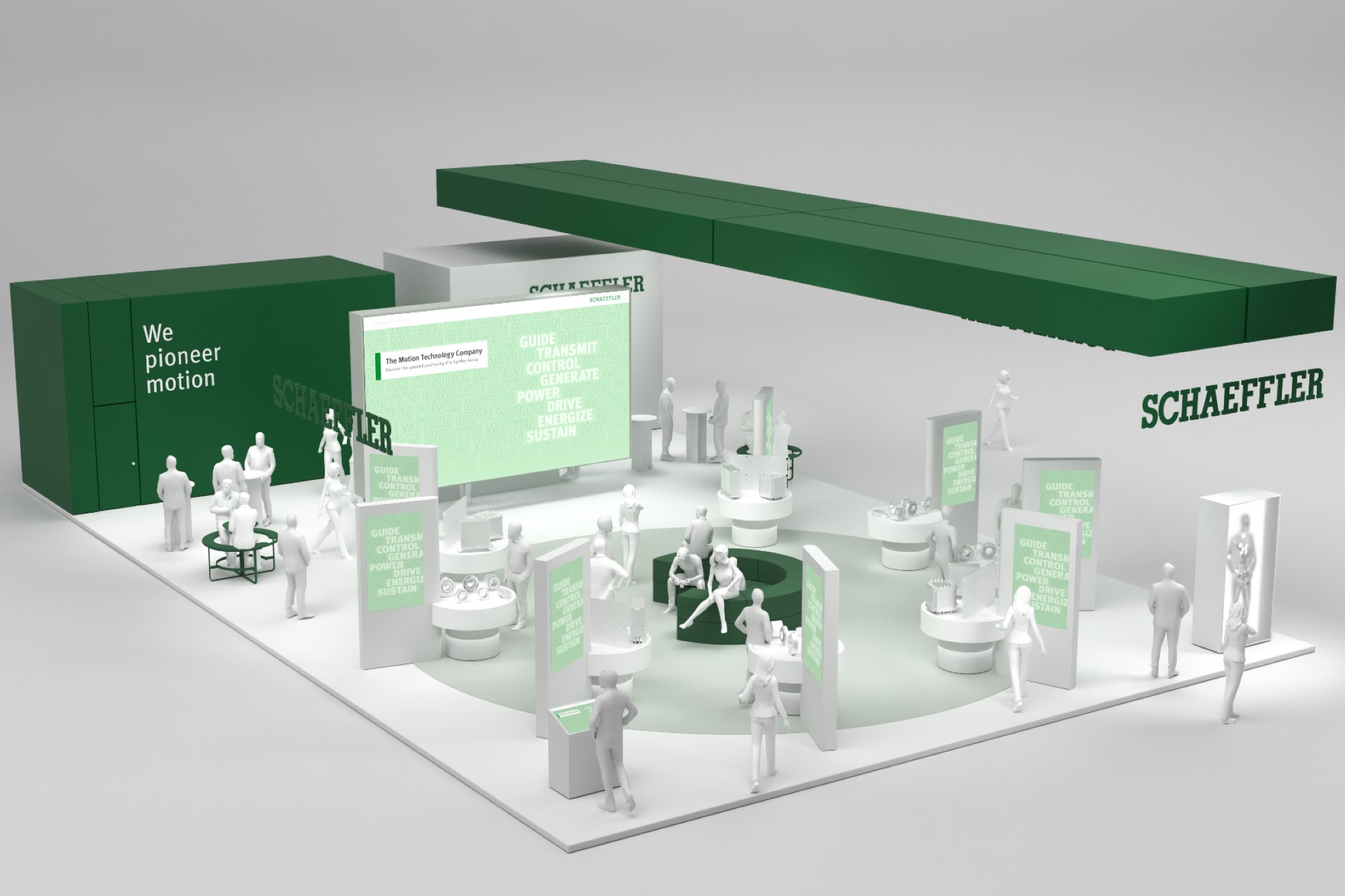PLCs and SCADA systems navigate complex industrial processes
By OEM Update Editorial March 30, 2024 11:32 am IST
According to Yosuke Ishizaka, Managing Director, Fuji Electric India, industrial automation powered by technologies like PLCs and SCADA systems is transforming manufacturing processes. He discusses automation adoption’s transformative benefits and challenges, from enhanced efficiency to predictive maintenance.
In what ways PLC solutions with upgraded data processing capabilities and functionalities enhance industrial automation systems?
Programmable Logic Controllers (PLCs) serve as the central control hub for industrial automation, akin to the core engine of a sophisticated system. They oversee and regulate machinery and processes in real time, ensuring smooth coordination and accurate execution. PLCs efficiently collect data from various sensors and input devices, quickly processing it using pre-programmed logic and coordinating outputs to control actuators and other devices. This real-time responsiveness enables PLCs to navigate complex industrial processes with unmatched precision and reliability, optimising efficiency and boosting productivity. Our advanced range of MICREX-SX SPH and MICREX-SX SPF series is designed to simplify your operation control easily.
With upgraded data processing capabilities, mass memory storage, and built-in Ethernet functionality, our PLCs can monitor production system operations, record operation history, and errors, in addition to conventional FA control. This allows you to utilise the controller for broader applications such as IT-based remote monitoring, maintenance support, and preventive maintenance.
How do you perceive advanced automation’s role in driving future advancements and improving manufacturing processes?
The manufacturing sector is evolving and undergoing changes and advancements due to industrial automation, presenting unprecedented opportunities. Significant progress has already been made, and the future holds even greater promise. The vast possibilities include leveraging AI, machine learning, and predictive analytics.
Industrial automation greatly enhances manufacturing efficiency by eliminating repetitive tasks, minimising errors, and streamlining processes. These results in heightened productivity, shorter cycle times, and increased throughput. Automation has revolutionised manufacturing, making processes faster, more efficient, and more accurate, ultimately leading to higher-quality products at reduced costs.
As technology continues evolving and integrating further into manufacturing, companies can expect enhanced productivity and product quality. At Fuji Electric, our commitment lies in delivering advanced automation solutions that optimise systems and processes, ultimately driving customer satisfaction, improving experiences, and saving costs.
In what ways do sensors and actuators contribute to improving operational efficiency in industrial automation systems?
As I recall, the seamless integration of sensors and actuators plays a crucial role in enhancing the efficiency and effectiveness of industrial automation systems. Sensors act as vigilant observers, constantly monitoring vital parameters and offering valuable real-time data insights. On the other hand, actuators carry out commands issued by PLCs based on this data, ensuring precise control and adjustment of machinery and processes. This harmonious interplay between sensors and actuators optimises process conditions, reduces downtime, and improves overall operational efficiency, driving tangible improvements in productivity and performance.
How does Fuji Electric’s MICREX-VieW XX system utilise SCADA technology to optimise industrial efficiency, safety, and performance?SCADA (Supervisory Control and Data Acquisition) systems enhance industrial efficiency and safety through real-time monitoring, control, and data analysis of industrial processes and equipment. Here are some ways SCADA systems contribute to the overall monitoring and control of Industrial Processes. These systems collect data from sensors and devices across the plant, offering operators immediate insight into process variables and equipment status.
SCADA systems enable real-time monitoring of system performance, prompting the identification of issues. They facilitate remote control of manufacturing processes, reducing manual intervention and enhancing overall efficiency. By centralising control, they enable predictive maintenance, trend identification, and quick response to alarms or abnormalities.
SCADA systems optimise efficiency, ensure compliance with regulatory requirements, and enhance operational performance by providing actionable insights and supporting rapid decision-making. Our advanced MICREX-VieW XX monitoring and control system, based on Fuji Electric’s established MICREX Series technologies, offers advanced visibility, operability, and reliability. It is designed for plant use and compatible with various fields, delivering excellent visibility, operability, and reliability while contributing to energy savings and stable, safe plant operation. It evolves continuously, providing lifecycle solutions and, utilising existing assets during the system updating process and switching over to a more reliable system in a shorter time at a lower cost.
How do AI and ML technologies help decision-making and predictive maintenance in industrial automation?
Harnessing AI and ML technologies can potentially transform decision-making and predictive maintenance within industrial automation. I have observed that AI algorithms are adept at analysing large datasets and uncovering complex patterns, anomalies, and correlations. ML models leverage this intelligence to forecast equipment failures or process deviations in advance, facilitating proactive maintenance and reducing unplanned downtime. Moreover, AI-driven decision support systems optimise resource allocation, production scheduling, and energy usage by leveraging real-time insights. This drives operational efficiency, cost savings, and competitiveness in the ever-evolving market environment.
How does Fuji Electric address industrial automation’s challenges to ensure integration and maximise the benefits of automation adoption?
Addressing the multifaceted challenges of adopting industrial automation requires a thorough strategy encompassing technology, training, cybersecurity, and organisational culture. Investing in scalable and interoperable automation technologies, such as those offered by Fuji Electric, ensures smooth integration and compatibility with existing systems.
Equally important is implementing comprehensive training programs to equip employees with the skills needed to effectively use automated systems. Prioritising cybersecurity measures is crucial for safeguarding critical industrial assets against potential threats. Moreover, fostering a culture of innovation, collaboration, and continuous improvement creates an environment conducive to embracing automation as a strategic asset. By embracing this holistic approach, organisations can successfully navigate the transition to industrial automation, unlocking new avenues for growth, innovation, and competitiveness in today’s dynamic market landscape.
Cookie Consent
We use cookies to personalize your experience. By continuing to visit this website you agree to our Terms & Conditions, Privacy Policy and Cookie Policy.



